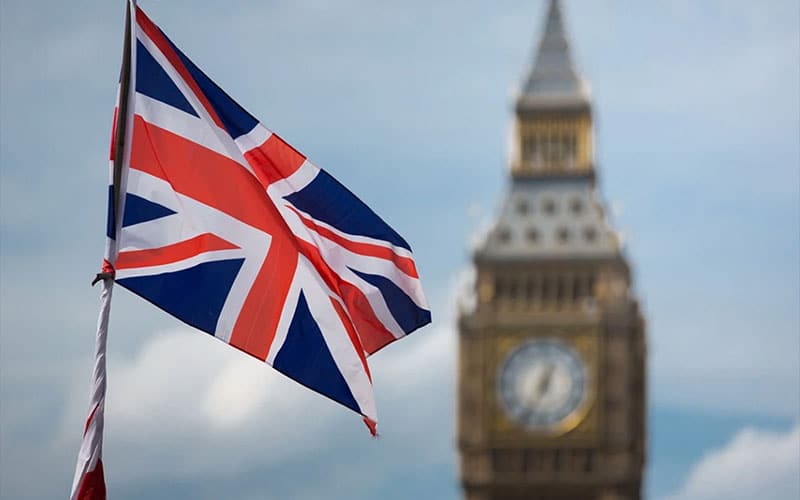After Brexit now London wants to break out of the GDPR framework?
London wants to break out of the GDPR framework and says a new data policy will allow innovation and economic growth. A position that leaves industry experts more than skeptical.

UK wants to distance itself from GDPR
The UK has just announced plans to change data protection and privacy laws in what the government describes as a new mandate to foster innovation and economic growth. According to the UK government, a new round of “Data Matching Partnerships” will enable Britain to boost international trade with countries like the US, Australia, the Republic of Korea, Singapore, Dubai or even Colombia.
UK authorities argue that new data adequacy partnerships will remove the need for costly data compliance measures when transferring personal data to other countries, while ensuring that ‘high standards are maintained of data protection ”. However, any modification of the data transfer rules will have to be deemed adequate by the European Union. Otherwise, data transfers between the UK and the EU may be affected.
The proposed changes are part of the government’s plans to “use the power of data to spur growth and create jobs,” though some data privacy experts have expressed concerns that these changes could be used to reverse consumer data privacy introduced under the European General Data Protection Regulation (GDPR).
Cookie Consent Manager | Take a 2 week free trial
Take a 2 week free trial for our paid plans or create a free account …
After the EU, the GDPR?
It was introduced across the European Union in May 2018, and although the UK voted to leave the EU, data protection laws were still enforced. As the break with Brussels is over, the British government is now arguing that the country can benefit from the divergence of its data protection laws with the rest of Europe, given that Brexit is now a thing of the past.
“Now that we have left the EU, I am determined to seize this opportunity by developing a world-leading data policy,” said UK Secretary of State for Digital Oliver Dowden. In an interview with the Telegraph , the latter said the UK can now deviate from policies on “unnecessary” requests for cookies. An assertion that has jumped several experts in the field of data privacy, for whom cookies fall under a directive completely different from that of the GDPR.
A spokesperson for the Department of Digital, Culture, Media (DCMS) stated: “We are not going to compromise our high data standards and the protection of privacy and personal data” , reassures a spokesperson for the British government. An assertion that remains to be proven.





